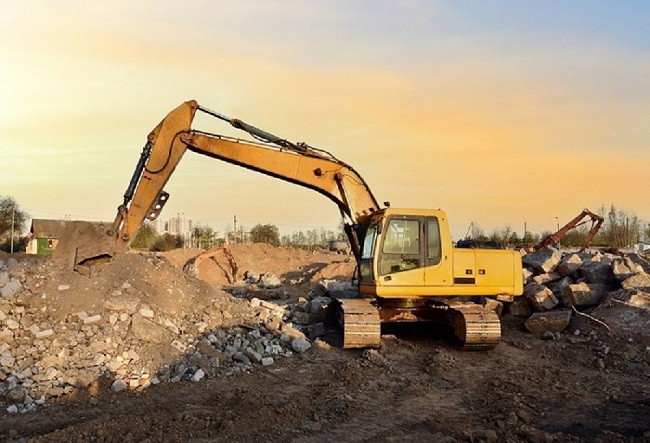Excavation is a fundamental aspect of construction, influencing everything from the stability of structures to the effectiveness of utility installations. It is a complex process that requires careful planning, the right tools and equipment, and a keen understanding of soil types and other environmental factors. This article explores the diverse facets of excavation, focusing on its application in utility installations and site improvements.
What is Excavation?
Excavation is the process of moving earth, rock, or other materials from a site using tools, equipment, or explosives. It's a crucial part of many construction projects, creating space for foundations, utilities, and other infrastructure elements. But excavation isn't just about digging holes; it's a specialized field involving surveying, soil testing, and careful planning to ensure safety and efficiency.
Different Types of Excavation
There are numerous types of excavation, each with its unique purpose and techniques. These include topsoil excavation, rock excavation, muck excavation, and earth excavation. There's also cut and fill excavation, used to level uneven terrain, and trench excavation, vital for laying utilities. Lastly, there's archaeological excavation, an entirely different discipline focused on uncovering historical artifacts and structures.
Excavation Techniques for Utility Installations and Site Improvements
Different projects require different excavation techniques. For utility installations, trenching is often used, while site improvements may involve cut and fill or full-scale earth excavation. The right technique depends on factors like the project's purpose, the site's size, and the soil's composition.
Understanding the Importance of Soil Types in Excavation
Soil types play a critical role in excavation. Whether it's clay, silt, sand, or gravel, the soil's composition impacts the digging process, the stability of the excavated area, and the necessary safety precautions. A thorough soil analysis is vital before any excavation work commences.
Safety Measures in Excavation
Excavation can be dangerous, with risks ranging from cave-ins to exposure to hazardous materials. Therefore, safety measures like proper shoring, regular safety checks, and the use of safety gear are crucial. It's also essential to follow local regulations regarding excavation safety.
Cost Factors in Excavation
The cost of excavation depends on variables like the project's size, the soil's composition, the necessary equipment, and labor costs. Additionally, unexpected factors, like the discovery of buried utilities or challenging weather conditions, can increase expenses.
Tools and Equipment Used in Excavation
The tools and equipment used in excavation range from simple shovels to advanced machinery like excavators, backhoes, and bulldozers. The choice of tools depends on the project's scale and the soil's composition, among other factors.
The Excavation Process: A Step-by-Step Guide
The excavation process begins with surveying and soil analysis, followed by the selection of the right tools and techniques. The actual digging comes next, followed by the removal of excavated material. The site is then prepared for the next construction phase, whether it's laying utilities or building foundations.
Earthwork and its Role in Excavation
Earthwork is a key part of excavation, involving the grading and compaction of the excavated site to prepare it for construction. It ensures the ground is stable, level, and suitable for the project's needs.
Conclusion
Excavation is much more than just digging; it's a multifaceted process that plays a pivotal role in construction. Whether it's for utility installations, site improvements, or other construction projects, understanding the intricacies of excavation can lead to more efficient, safer, and cost-effective outcomes.
So, the next time you see an excavator at work, remember that there's a lot more to the process than meets the eye. From soil analysis to careful planning and execution, excavation is a craft as much as it is a crucial part of construction.
Remember, the key to successful excavation lies in preparation, understanding the soil, choosing the right tools and techniques, and prioritizing safety. With these elements in place, you can ensure your excavation project is on solid ground.



0 comments:
Post a Comment